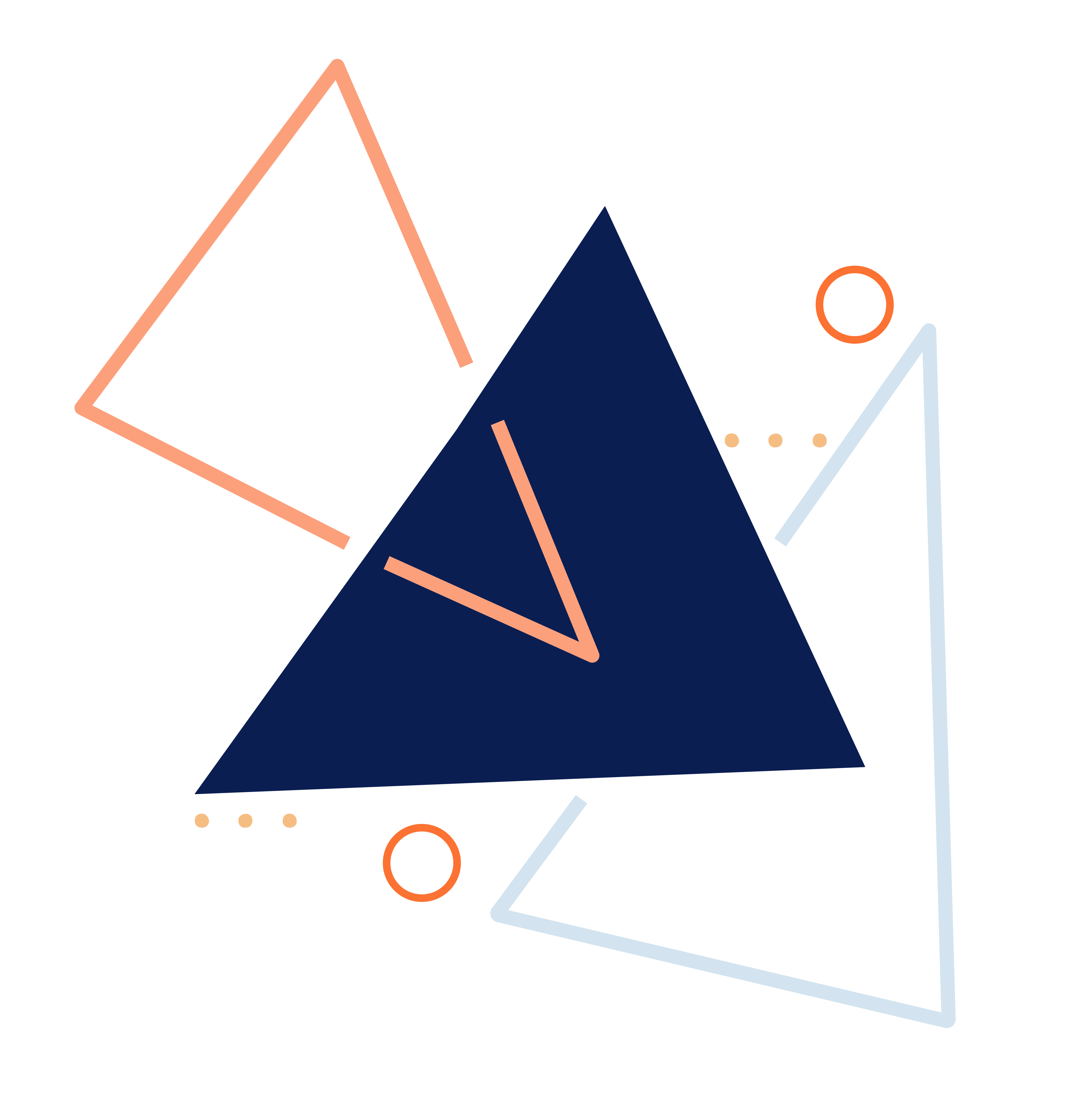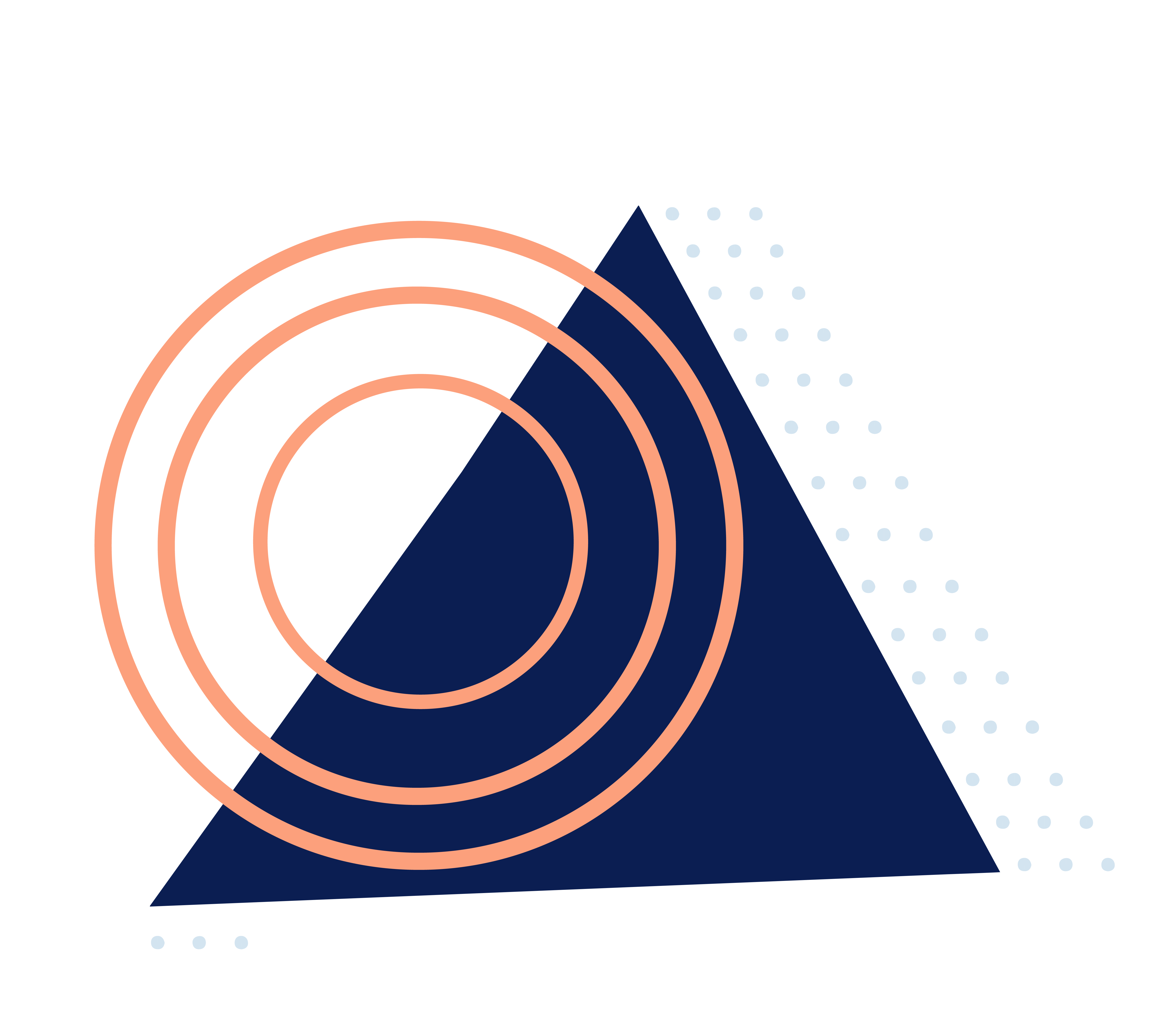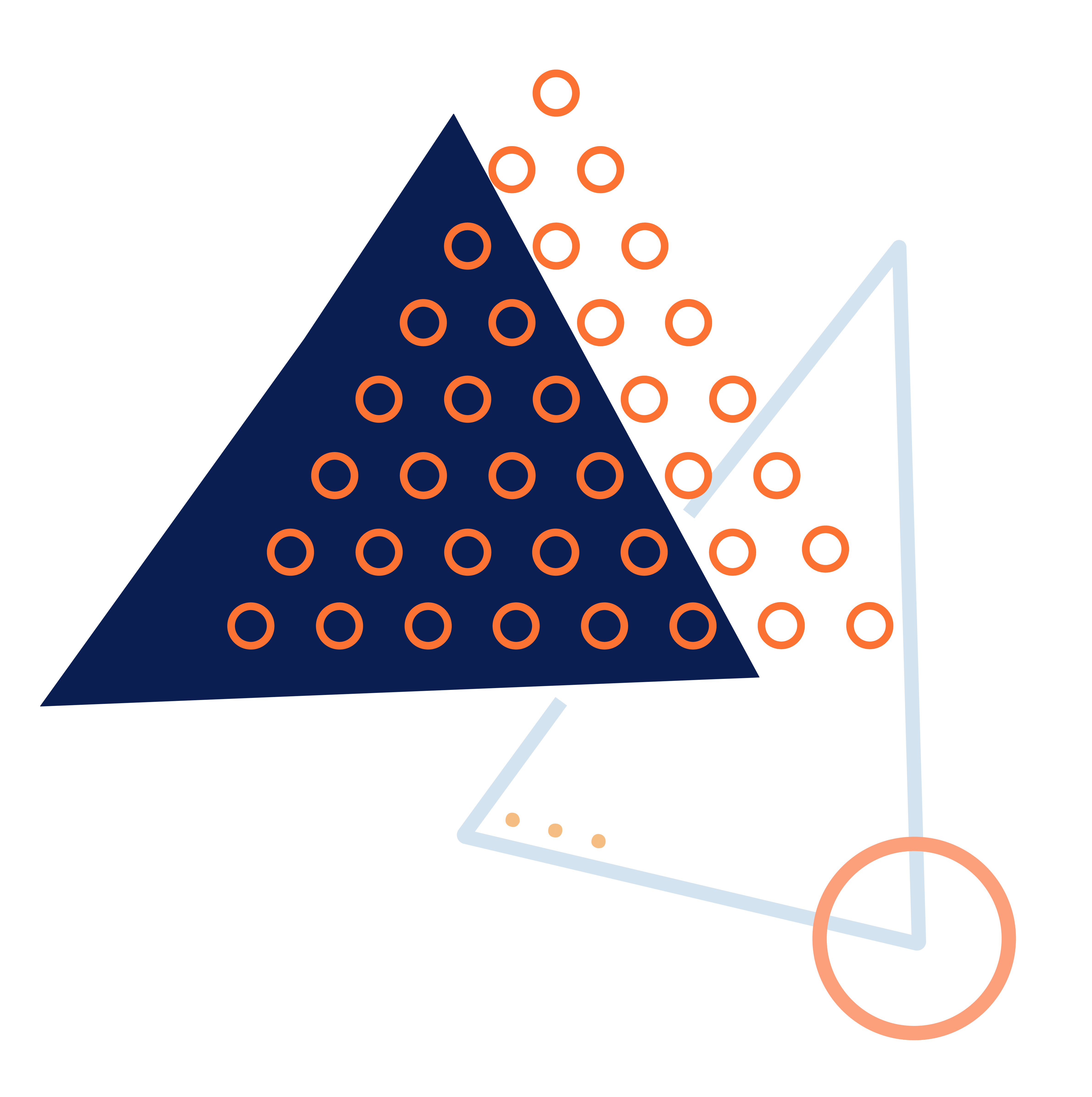

24th June 2021
Article
Feminist Recovery and Rebuilding: Perspectives from our Research Group
Our Generation for Inclusive Peace
OGIP’s most recent Research Series reflected on the issues of Feminist Recovery and Rebuilding. The theme for the series was selected by our Research Group, made up of members of OGIP’s research community. The topic of Feminist Recovery and Rebuilding was chosen due to its enduring importance in peacebuilding - “Relief and Recovery” is one of the four pillars of the Women, Peace and Security agenda which advocates for feminist recovery to achieve sustainable peace. The theme particularly resonated with our Research Group in relation the events that have shaped the public consciousness of the past year. One year on from the Black Lives Matter uprising and over a year into a deadly pandemic, all our researchers touched on the need for a recovery that was inclusive of those who were disproportionately affected by these events. This means a feminist recovery that addresses systemic racism, decolonizes our institutions and centres the voices of those who are often overlooked in decision-making.
The following paragraphs are reflections from members the OGIP Research Group on the Research Series and the theme of Feminist Recovery and Rebuilding. The Research Group all thought that in the digital era, we need to harness technology to facilitate a feminist recovery and ensure everyone’s voice is counted. As we begin to grapple with recovery from COVID-19, we must ensure that we harness technology and data to facilitate a recovery that is transformational, sustainable and feminist.
Innovative Solutions to Recovery and Rebuilding
Feminist recovery and rebuilding in the digital age requires innovative solutions and inclusive design processes to ensure recovery is accessible to the most marginalized groups and tailored to their needs. COVID-19 has made it clear that digital tools and access to digital spaces are no longer a “nice to have”, but are essential for people to fully participate in society. This is due to the fact that more of our interactions than ever before are happening online, whether this is in education forums, work or social settings, and this trend looks likely to continue long after the crisis stages of the pandemic. Moving forward, the most marginalized groups in society need to be involved in decision-making processes around access to technology to ensure that spaces are open and safe to them. In particular, women, people of colour, LGBTIQ+ people, young people and people with disabilities as these groups often face heightened online abuse.
In addition to this, it is important to acknowledge that across the globe there is unequal access to the internet and technology, which perpetuates traditional global power structures. Therefore, feminist recovery and rebuilding needs to account for these unequal dynamics to level the playing field and ensure that recovery is not just in line with the needs and wants of traditionally privileged groups. For recovery in the digital age to be feminist it needs to ensure that people of all identities are safe to participate online so that they can contribute to further recovery and rebuilding efforts, as well as making sure that these spaces are designed with them in mind. We need young, diverse, activist voices to be at the forefront of recovery; digital spaces make it possible, as people are not restricted by location or other socio-economic barriers. However, for them to be able to engage with this space effectively it has to be designed by them and for them to ensure that it does not replicate other forms of institutional and structural discrimination.
Gender-Sensitive Data Collection and Analysis
How can we promote feminist recovery and rebuilding within our societies? An important first step is ensuring that everyone can access up-to-date, engaging and intersectional data on the impact of COVID-19, as well as myriad other policies and initiatives for our increasingly digital age.
Throughout the pandemic, governments, international bodies and private sector organizations have produced a range of economic forecasts, public health models and guidance for socially distanced work and study. The reports published by these institutions adopt authoritative tones on complex, shifting and often sparse data sets. Predominantly male, white and middle class authors present a limited focus on ‘public-sphere’ issues, biased towards issues that typically affect men in the Global North. Feminist policy and practice shows us this approach is limited as it tells us little about the experiences of majority-female informal or unpaid domestic workers, who are rarely direct beneficiaries of economic stimulus packages; the hidden pandemic of gender-based violence in quarantine, particularly against women and girls; the coping strategies and comorbidities of menstruating people living under lockdown; or the impact of our vastly unequal vaccine rollout on girls’ education worldwide. It prioritizes the interests and practices of the privileged few who commission and author such reports, whilst overlooking the expertise of many others.
This is where the importance of gender-sensitive data collection and analysis comes to the fore. The UN Statistics Division describes gender data as information “based on concepts and definitions that adequately reflect the diversity of women and men and capture all aspects of their lives''. It goes beyond a survey tick-box on someone’s gender and can give space to how different people across the world experience gender across the world, ensuring that our statistics do not flatten, conflate or silence the intersectional experiences of Black, brown and indigenous women, girls and gender minorities. A vital part of this is also dismantling the white supremacist, hetero-patriarchal structures of power that tell us who and what counts, quite literally by counting them, and promoting the methodologies and analysis of affected communities themselves.
It has been great to see grassroots feminist individuals and organizations, from Zimbabwe to Pakistan and beyond, speaking their truth through a range of written and audiovisual formats for the second OGIP research series. Processes like these, alongside ethical gender-sensitive data collection and analysis in national censuses, public policy reviews, medical AI and more, are vital for the co-creation of a global feminist corpus of knowledge that public recovery and rebuilding so desperately needs if we are to see a recovery that takes into account the needs of everyone and not just the privileged few.
Feminist Recovery and Rebuilding and COVID-19
The Research Series theme of Feminist Recovery and Rebuilding has a particular resonance living through the COVID-19 pandemic - a parallel public health and economic crisis which has taken the lives of over 3.8 million people worldwide as of June 2021. OGIP researchers contributed to critical discussions about how the pandemic has exacerbated structural inequalities and impacted communities in different ways. In a short documentary, the Institute for Young Women’s Development interviewed young Zimbabwean women about the challenges they were facing in the context of the pandemic, including gender-based violence and the digital divide; and their work building young women’s collective agency and resilience. As one young woman stated in the documentary, dimensions of the pandemic have “resulted in the marginalized continuing to be marginalized, and the empowered continuing to be empowered” making it even more important to show resilience in recovering from the impacts of COVID-19 crisis. In the context of Pakistan, Alamgir documented how the pandemic has harmed Khawaja Sara communities, and outlined the myriad survival strategies they have adopted in response. Alexandria Kazmerik wrote about how the pandemic has increased homelessness and violence against LGBTQ+ and gender diverse youth and impacted their mental and physical health. Finally, Nikita Yasmin Shah explored the need to prioritise rest through spoken word poetry from the collective voice of self-identifying women of colour about working on race-related issues in the international development and humanitarian sectors following the year of the pandemic and the Black Lives Matter uprising. All of these perspectives highlight the importance of ensuring that the most marginalized are centred in any post-pandemic recovery.
Despite some strong policies and programmes, the global trend of pandemic recovery remains the opposite of feminist. Some countries in the Global North are beginning to enter a tentative “post-pandemic” phase, while most of the world has been left behind due to vastly unequal access to and distribution of vaccines and associated technology. Further, aid appeals remain underfunded, armed conflicts have persisted during the pandemic, and humanitarian situations in countries including Ethiopia and Yemen, have worsened. Communities in all parts of the world have been negatively affected by COVID-19, and as we move out of the acute stage of the crisis the focus will shift to recovery and building back our communities. It will be essential that we seize this opportunity to radically reframe and transform the way society is structured and rebuild a more equitable world. Meaningful and active participation of young people, women, people of colour and other marginalised identities will be essential, as they are the ones presenting radical, innovative and practical solutions that we will need if we are to see sustainable transformation through recovery and rebuilding.
Our hope at OGIP is that Research Series like this one, which look at how we can have inclusive recovery and rebuilding and reframing what is traditionally considered research, data and analysis can help contribute to transformational rebuilding both after COVID-19 and beyond.
OGIP Research Group Members
Hannah Edwards is a passionate, intersectional feminist focusing on international development, gender equality and human rights. She works at Plan International as part of the Partnerships Team and has an MSc Applied International Development Pathway (Law and Development). Follow Hannah on Twitter: @edwardshannah23
Sarah Dickins is a feminist digital data collection and analysis specialist, working in gender-sensitive Monitoring and Evaluation systems for leading girls' rights INGO Plan International. She recently co-authored the UK's largest youth-led research into young menstruators experiences during Covid19, and co-developed Kenya's first mobile app to track gender-based violence on public transport. Follow Sarah on Twitter: @srhdckns
Genevieve Riccoboni is based in New York City and is the Women, Peace and Security Programme Associate at the Women’s International League for Peace and Freedom (WILPF). Follow Genevieve on Twitter: @genriccoboni






